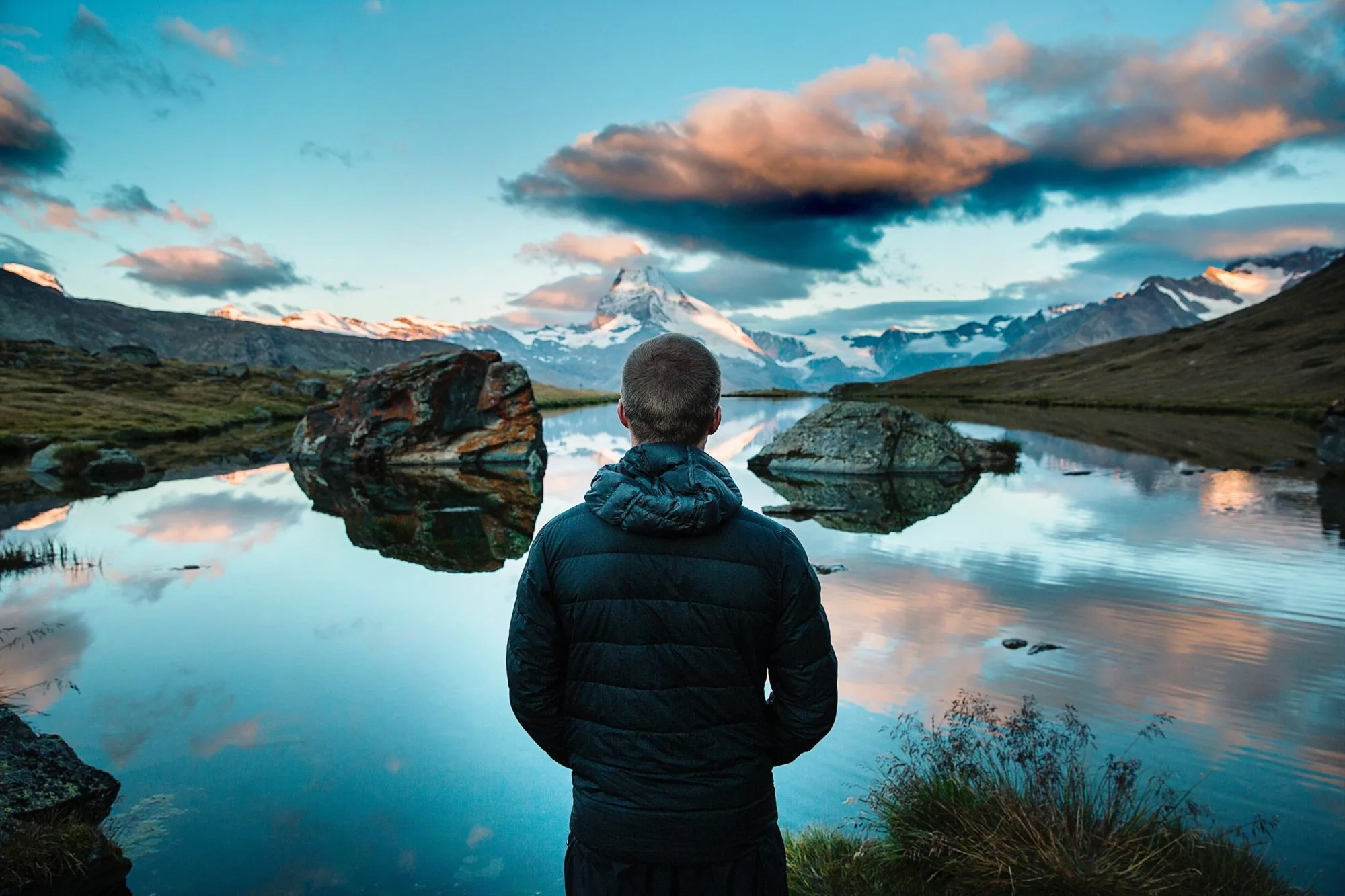Today is Earth Day. Burt Rodrigues, CEO of Biodx, says now is the time to take heed of the lessons from COVID-19. We need to ensure not just our own longevity but also the earth’s sustainability into the future.
COVID-19 Has Changed The Earth
Earth Day has shifted If we look at the majority of articles written around Earth Day 2019 we see headlines with the words, ‘earth’s destruction, monumental pollution, global warming destroys natural habitats, animals disappearing from their natural habitats, fish stocks diminishing from oceans…’ and more of the same.
Environmentalists and leading scientific minds were also told it would take many millennia for the world to recover. Conferences have been held, movies have been made and billions of dollars invested in the prolific pursuit of ‘predicting’ environmental outcomes – seemingly to be proven wrong.
Mother Nature Heals Herself
So what’s different in 2020? In a word – COVID-19 and a world where around 2.6 billion people – a third of the world’s population, fearing for their lives and obeying orders have gone into lockdown. In the short space of just a few months, what was forecast to take thousands of years has happened. Rivers, streams and tributaries are becoming so clear you can virtually see through them; suddenly fish that haven’t been seen for years are returning to what was their natural habitat. Photos of wild animals roaming urban areas are being posted on social media worldwide.
The Ganges is a river that perhaps epitomizes man-made pollution. In just a month it has reversed its state of being ruled unfit for bathing. The canals in Venice are crystal clear with sea life appearing in their waters.
Pollution levels on Earth have dropped
Birds now not having to compete with noise levels are being heard by people that previously didn’t even know they existed in their neighborhoods.
Most importantly without cars, trucks and other transport jamming the roads, air pollution levels are dropping. Measured from the European Space Agency’s Sentinel-5P satellites show that during late January and early February 2020, pollution levels dropped by as much as 40% in the UK, with some cities levels reduced by as much as 60% compared to the same period in 2019. Surely a case for using electric powered mass transit.
Earth Day Post COVID-19?
Perhaps the biggest question is, can this transformation be sustained? The answer to this could be linked to the ultimate change in people’s lifestyles during COVID-19. People are embracing all that technology offers and are finding that working from home hasn’t impacted their work. In fact, it has added to their quality of life. Working remotely, holding ZOOM meetings and doing grocery shopping online adds up to less transport and far less pollution.
A 2018 study led by Corinne Moser at Zurich University of Applied Sciences found when people couldn’t drive and were given free e-bike access instead, they drove far less when they eventually got their car back. At Kyoto University in Japan research showed when a motorway closed, forcing drivers to use mass transit systems, the same thing happened. When the road reopened, many stayed with public transport.
Changing habits for the future of the earth
People are becoming more aware of food scarcity and are cutting down on food waste. Growing their own vegetables and eating far less fast food. Social media is full of photos of people showing off their new culinary skills. Sowing that a family that cooks together has fun together.
The Bottom Line
The world is undergoing a seismic shift in consumerism generally. The winners will be those who take this seriously. They will implement real and lasting change in their working and everyday lives. Everything they took for granted has now been challenged. The post COVID-19 world will be a changed place. Socially and environmentally and hopefully with long term benefits.
About the author
Burt Rodrigues CEO of Biodx, is on a journey to reduce society’s dependence on synthetic chemicals. Harnessing the power of biotechnology, his company is breaking boundaries, crossing new frontiers, and helping to evolve the future of disinfection.


